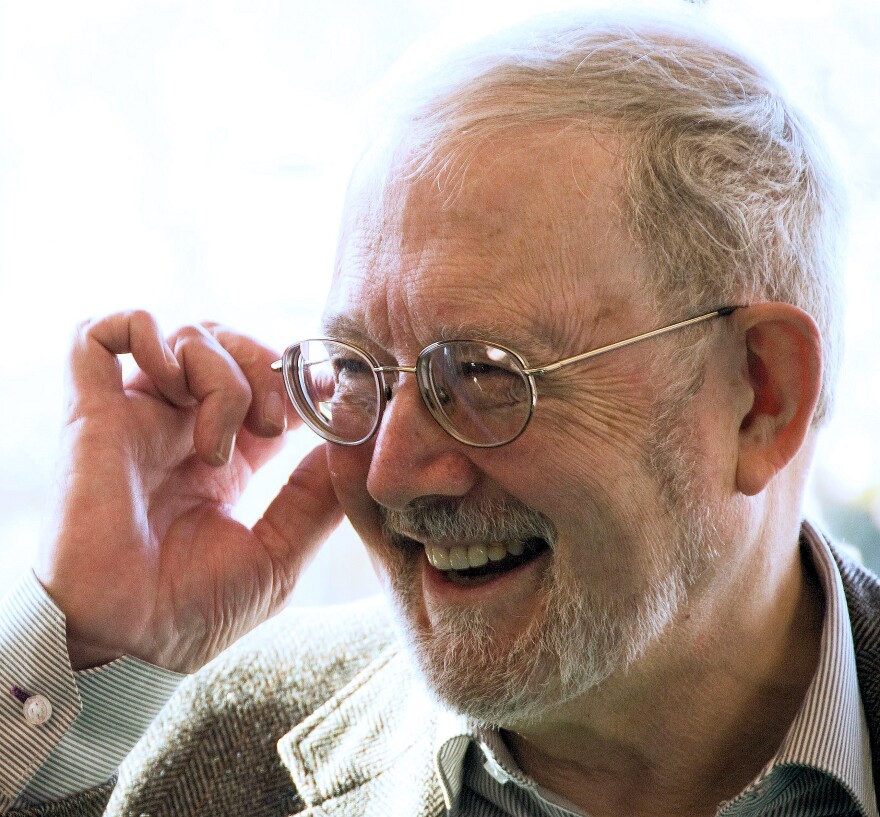It’s Commencement Week at many colleges and Universities. Tens of thousands of young people will be launched into a new life and let’s not forget, a few people who are not so young. There may be as many as two million students over thirty in higher education right now, and some are even older. Last year a remarkable woman, Ingeborg Rapoport finally got to defend her doctoral thesis at the University of Hamburg, at the age of a hundred and two.
My own experience of higher education also came rather late, although not that late. I arrived at university long after the proper age, because I had been doing interesting things elsewhere, and found that I was by far the oldest student in my entering class. But the younger students accepted me cheerfully, whether as an inspiration or a warning I don’t know
I don’t subscribe to the cliché that "Education is wasted on the young,"far from it, the more the better. But I do believe that ignorance is wasted on the old. Life experience without knowledge leaves a person, as it were, half finished. Older people have more experiences, and more curiosity, so they are ideally placed to make the most of the chance to learn something new.
Most of the energy and money in higher education goes towards young people, as it should. The standard assumption is that education should happen fast, in one compact package, and should be over by one's mid-twenties at the latest. But that may be a prescription for frustration and disappointment. By the age of (say) twenty we have learned only a tiny, a microscopic fragment of the things we could learn, and in any case most of the knowledge acquired in college vanishes in a puff of smoke about half an hour after the Commencement ceremony.
The urge to return to education later in life may be purely practical – to get a qualification for example. But it may also be the intellectual equivalent of the mid-life crisis, the moment when we suddenly realize how little we know, and how much we are missing. Self-education is always possible, of course. There have never been so many learning choices available on and off the web, and every public library is a free university.
But self-education is hard and solitary work and, as Benjamin Franklin said, “He who teaches himself has a fool for a master.” So some choose to go back to school in middle life for the full learning experience, complete with lectures, tests, and long hours of study.
College administrators are having a hard time attracting traditional age students, and have launched what look like desperate searches abroad, sending out recruiters around the world like eighteenth century press gangs. They might do better to look closer to home for grown-up students who can afford their exorbitant fees, and who will cause less trouble with political protests and all-night keg parties. More education, right across the age range is better for all of us, because the ability to think for ourselves makes us less vulnerable to tricksters of every kind, commercial and political.
So perhaps we should give a special cheer of encouragement to the older students this year.Their graduation will be less a commencement than a recommencement - a second chance for them, and perhaps, in the long run,for us.
Copyright: David Bouchier






